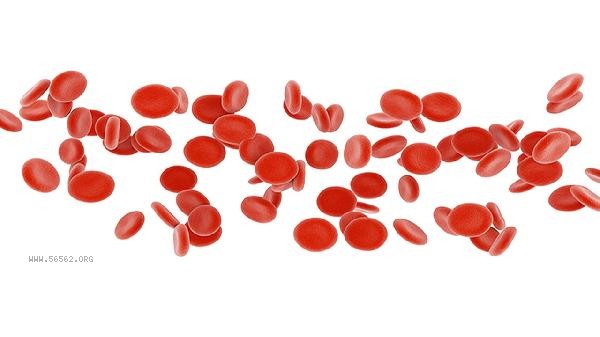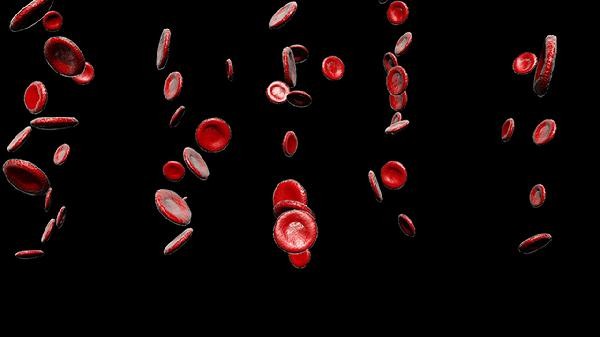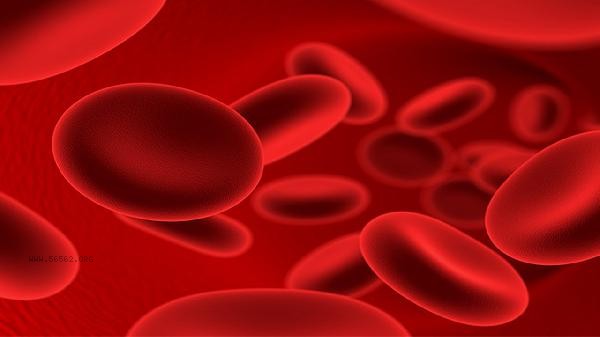The increase of erythrocyte sedimentation rate may indicate problems such as inflammation, infection or autoimmune diseases. Common reasons include physiological acceleration, bacterial infection, rheumatic diseases, tuberculosis, malignant tumors, etc.

1. Physiological increase:
Women may experience mild increase in erythrocyte sedimentation rate during menstruation, pregnancy, or the elderly, and usually do not require special treatment. This type of situation is often related to changes in hormone levels or age-related changes in blood composition. It is recommended to regularly monitor changes in monitoring indicators.
2. Bacterial infection:
Acute bacterial infections such as pneumonia, urinary tract infections, etc. can lead to a significant increase in erythrocyte sedimentation rate, which may be related to the promotion of erythrocyte aggregation by inflammatory factors such as C-reactive protein. Patients often experience symptoms such as fever and local pain, and require blood routine tests to identify the source of infection. 3. Rheumatic diseases: Autoimmune diseases such as rheumatoid arthritis and systemic lupus erythematosus can cause a sustained increase in erythrocyte sedimentation rate. These diseases can cause the deposition of immune complexes, alter the surface charge of red blood cells, and present typical symptoms such as joint swelling and pain, rash, etc. Specific antibody testing is required for diagnosis.
4. tuberculosis:

The erythrocyte sedimentation rate of active tuberculosis patients increased significantly, which was related to chronic inflammatory reaction and malnutrition. Common symptoms of tuberculosis poisoning such as low-grade fever, night sweats, and emaciation can be diagnosed with chest X-ray examination and tuberculin test.
5. Malignant tumors:
Some blood system tumors or solid tumors may cause abnormally high erythrocyte sedimentation rate, and abnormal proteins secreted by tumor cells can affect the stability of erythrocyte suspension. These patients often present with progressive emaciation, anemia, and other symptoms, and require clear diagnosis through imaging and pathological examination.
It was found that the increase in erythrocyte sedimentation rate should be judged in combination with other examinations. It is recommended to improve blood routine, C-reactive protein, autoantibodies and other tests. Pay attention to maintaining a regular schedule in daily life, avoid overwork, and supplement foods rich in iron and protein such as lean meat and animal liver appropriately. Moderate aerobic exercise can help improve blood circulation, but intense exercise should be suspended during acute infection. Smoking and drinking alcohol may exacerbate inflammatory reactions and should be avoided as much as possible. Regular physical examinations should be conducted to monitor changes in indicators. If there is a sustained increase or accompanied by obvious symptoms, timely medical attention should be sought to investigate the cause.










Comments (0)
Leave a Comment
No comments yet
Be the first to share your thoughts!